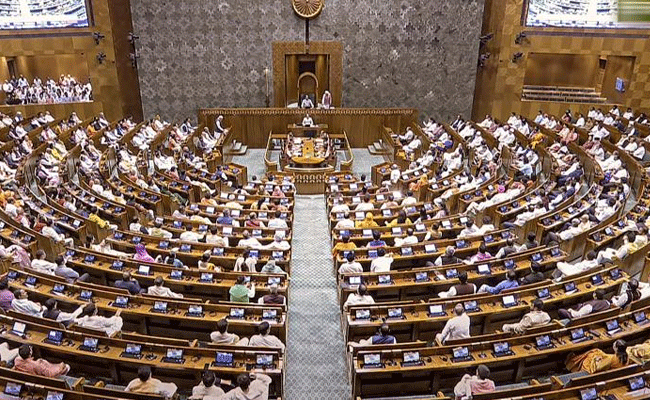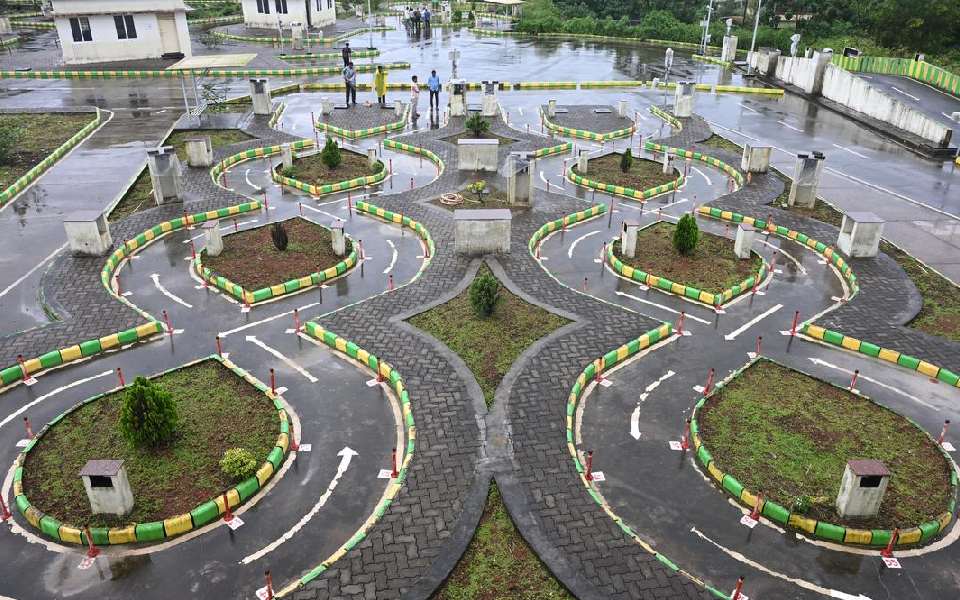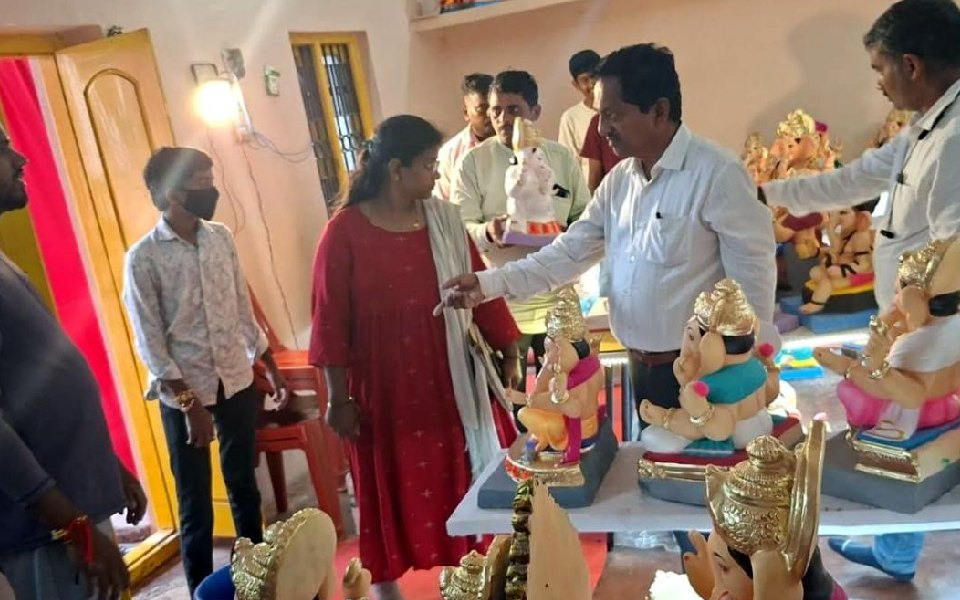New Delhi: The Indian government has introduced the 128th Constitutional Amendment Bill, 2023, aimed at providing 33% reservation for women in the Lok Sabha (the lower house of Parliament) and all state Legislative Assemblies. includes reserving one-third of seats allocated for Scheduled Castes (SC) and Scheduled Tribes (ST) and an equivalent proportion of seats in the general category.
Implementation Timeline:
The law, if passed, is expected to come into effect by 2029. According to the Bill's provisions, the reservation of seats will be implemented after the completion of the delimitation exercise based on the first Census conducted after the Bill's passage. The next Census is anticipated in 2027. Delays in Census activities were experienced due to the COVID-19 pandemic.
The reservation quota mentioned in the Women's Reservation Bill pertains to a government-mandated allocation of a certain percentage of seats or positions for a specific group or category within legislative bodies. In this case, the Bill focuses on reserving seats for women within the Lok Sabha and state Legislative Assemblies.
33% Reservation for Women:
The Bill proposes a reservation of 33% of the total seats in the Lok Sabha (the lower house of India's Parliament) and all state Legislative Assemblies for women. This means that one-third of the seats in these legislative bodies would be exclusively allocated to women candidates.
Reservation for SC/ST Women:
The reservation quota extends to seats reserved for Scheduled Castes (SC) and Scheduled Tribes (ST). This implies that within the reserved seats for SC and ST categories, one-third will be reserved for women belonging to these communities.
Reservation in the General Category:
Additionally, the Bill aims to reserve one-third of seats in the general category for women candidates. These are seats that are not specifically designated for SC or ST candidates. The term "as nearly as possible" is used to indicate that the allocation will be made as closely as possible to one-third of the total general category seats.
Duration of Reservation:
The Bill stipulates that the reservation of seats for women will be applicable for 15 years from the commencement of the Act. However, Parliament has the authority to extend this duration further if deemed necessary.
Exclusions:
Importantly, the reservation quota does not apply to the Rajya Sabha (the upper house of Parliament) or state Legislative Councils. The focus of the Bill is on the directly elected lower house (Lok Sabha) and lower houses of state legislatures (Legislative Assemblies).
Absence of OBC Reservation:
Notably, the Bill does not include a reservation provision for Other Backward Classes (OBCs). This omission is because no such legislative provision currently exists for OBC reservation in these legislative bodies. The absence of OBC reservation in the Bill has been a point of contention, with parties like the Samajwadi Party, Rashtriya Janata Dal (RJD), and All India Majlis-e-Ittehad-ul-Muslimeen (AIMIM) opposing the women's reservation Bill on these grounds for several years.
Let the Truth be known. If you read VB and like VB, please be a VB Supporter and Help us deliver the Truth to one and all.
Bengaluru, Aug 11 (PTI): In response to a planned three-day strike by ASHA workers starting August 12, the Karnataka Health Department on Monday issued a notice prohibiting all officers and staff from taking leave during the protest period, except in cases of medical emergencies.
Accredited Social Health Activists workers are demanding the fixed honorarium of Rs 10,000 promised by the state government in January. They have announced a continuous state-level protest from August 12 to 14.
The notice stated, “Information about ASHA workers absent from duty within district limits will be collected daily from primary health centres, compiled at the district level, and submitted to the commissionerate by 3 pm during the protest.”
The Health Department also urged community health officers, primary health protection officers, health inspectors, and Anganwadi workers to cooperate in ensuring that health services to the public remain uninterrupted.





